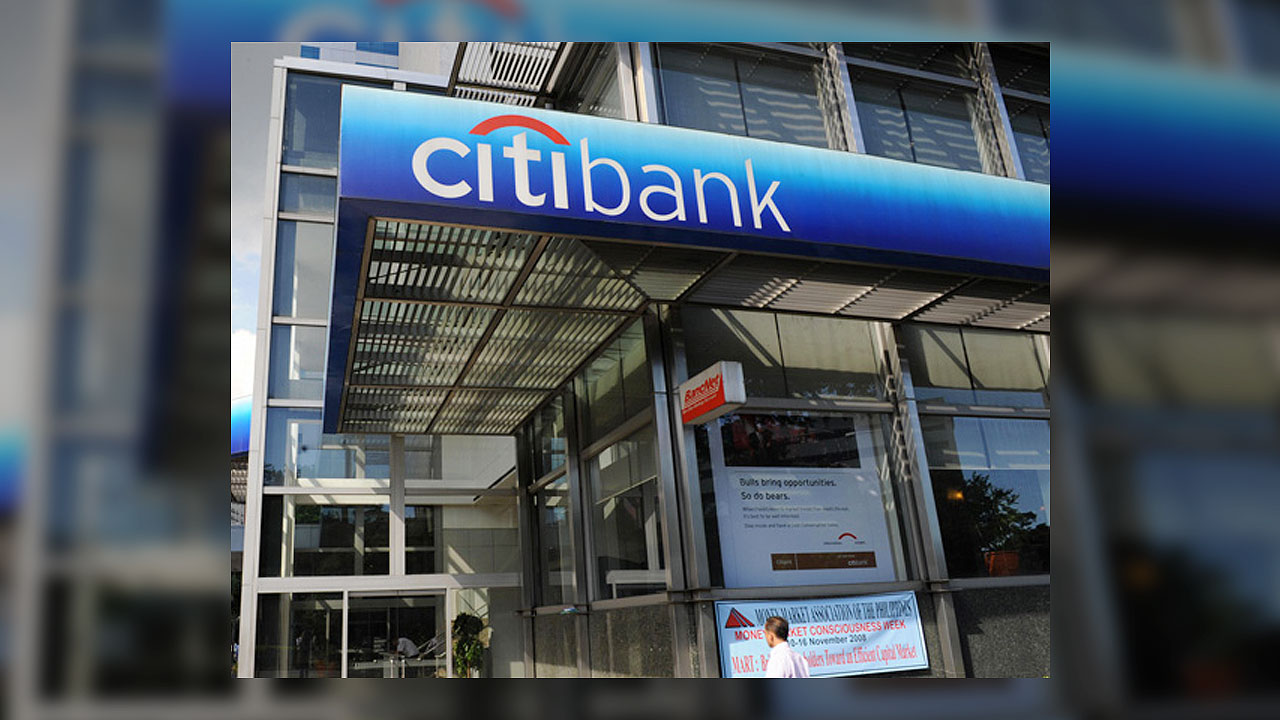Peso interest rate swap mart likely to attract strong demand

THE PESO interest rate swap (IRS) market could see increased uptake at the start of 2025 amid local and foreign appetite and as the repurchase (repo) market develops, which could lead to more transparent loan and asset pricing, a top bank executive said.
“I think by the first quarter next year, that’s when we’ll really see a lot of push for it. What’s important is for the clients to ask what this is all about because the goal is really for clients to ask the banks, ‘price me based on the IRS,’ because we want a benchmark that is hopefully more dynamic,” Citi Philippines Country Officer and Chief Executive Officer and Bankers Association of the Philippines (BAP) Open Market Committee Chairman Paul Raymond A. Favila told reporters on the sidelines of an event on Tuesday.
The enhanced Peso IRS market began operations in November and is being handled by BAP to promote the development of yield curves to further support the pricing requirements of short-term credit instruments, such as loans.
Mr. Favila said there is strong interest in the enhanced Peso IRS market even among clients of a foreign bank like Citi.
“This means there is pickup. That’s interest from outside. Obviously, we’re also seeing it from our own clients who are looking in. So, that’s what we’re trying to see and hopefully we get more,” he said.
Mr. Favila added that the further development of the government securities (GS) repo market will also contribute to the Peso IRS market’s expansion.
“So, right now you have the IRS market right? It serves its purpose. But if another market enters, there will be a relative valuation between the two, and that’s when we’ll be able to see discrepancies and arbitrage. Then you’ll get more activity. Either you want to pay IRS or you want to pay the repo,” he said.
The Bangko Sentral ng Pilipinas and the BAP earlier said the repo market for government securities will be expanded to boost trading and provide an alternative benchmark for short-term loan rates.
Mr. Favila added that having a developed repo and swap market will result in more stable benchmark yields compared to the PHP Bloomberg Valuation Service (BVAL) Reference Rates.
“What we’re trying to achieve is a benchmark that will be reflective of the cost of money between banks… With an IRS market and maybe a repo market, there will be a convergence. The justifiable basis between the three markets will eventually evolve,” he said.
“If you have several markets that are trying to keep everything in check, then there’s less tendency for those markets to blow out because you can explain what’s going on. Right now, something happens to BVAL, justifiable or otherwise, there’s no way to verify,” Mr. Favila added.
This would also result in more transparent loan pricing as customers will be able to differentiate between banks’ offerings, he said.
“This has many far-reaching implications as well that will hopefully encourage a more transparent market because even if you’re a publicly listed company, the comparison will now become easier as well. It is easier to compare and hopefully, that also contributes to the deepening of the equity markets at the same time,” Mr. Favila added. — A.M.C. Sy



